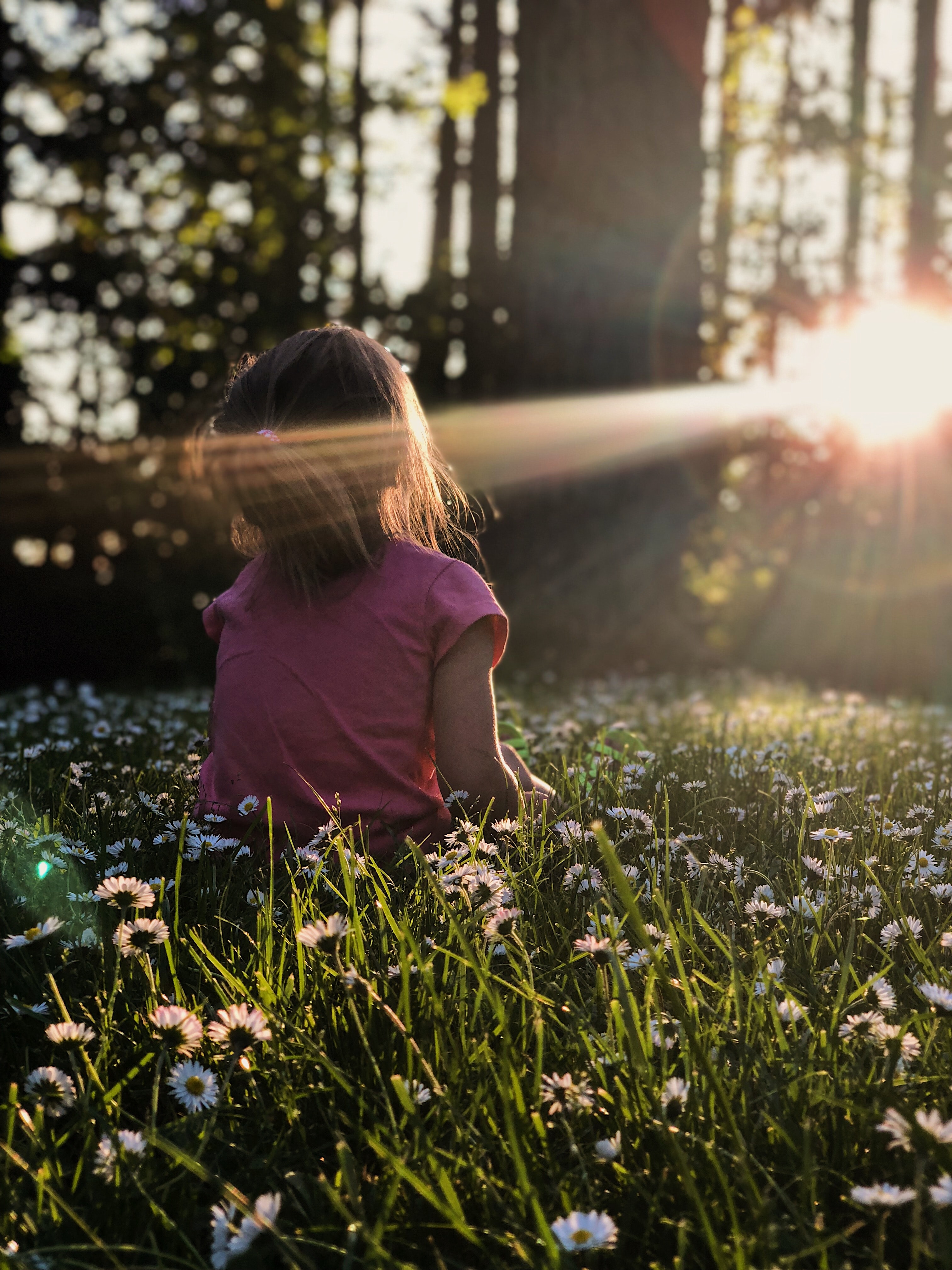When it comes to how we raise our kids, there are certain beliefs we hold dear to guide (or even justify) our parenting. Some of us are helicopter-ing, tiger mom-ing, or hands off-ing.
We also reassure ourselves of a lot of things.
My kids are going to thank me for this one day.
My kids are going to understand one day.
But for me, it’s something else.
My kids are going to remember this one day.
By “this,” I mean all of it. The good and the bad.
I have become acutely, almost obsessively aware of the concept of memory as I raise my kids. So much of parenting is remembering how we were parented. To be able to recall certain memories now as adults suggests a resonance and permanence, for better or for worse. And what we’ve retained — for whatever reason — becomes a teachable lesson on what type of parenting to duplicate or what to consciously avoid.
In two vastly different ways, my parents have provided object lessons in how memory can profoundly shape your life. My memories of my dad are overwhelmingly positive. His death two years ago has all but assured the frequency and clarity of my fond memories of him. Unfortunately, any recall I have of my abusive mother is even more vivid and unforgiving in its detail. The bad memories have lingered far longer than I would have hoped.
What will our kids remember about their childhoods? What will they remember about us as parents?
Memory can be a reminder that we should keep doing the good things and to take a pause if we seem to be veering toward creating the type of memories that don’t illuminate us in the best light.
There are days I want do-overs because I lost my cool, said the wrong thing, or didn’t do anything. I have moments of frustration where I am positively fraying at the edges. And there is almost immediate regret for how I handled a situation when I consider the staying power of such a moment. But this role of memory isn’t debilitating or about trying to achieve an impossible standard of perfect parenting. Rather, it’s a necessary reminder and warning that I should simply strive to parent in a way that doesn’t leave a memory in want of erasure.
As adults, we are in charge of our own happiness. But as parents to little kids, WE are the memory makers. And the role of memory asks us to approach this job with an almost mathematical calculation of how all the little things add up. The singular and cumulative impact of the things we do to/for our kids, the things we say, the way we made them feel. They will remember it.
We tend to think of the good memories residing in the big moments such as Christmas mornings and that most monumental of undertakings that is vacationing with kids. And it certainly does. But memory-making is just as deeply infused in the smaller, everyday moments. The promise of impromptu dance parties. The reassurance of your response when they are vulnerable and in need. When your kids get hurt and you present them with multiple choices of a.) a big hug b.) a band-aid c.) a cookie, what will endure in their memory is the fond recall of knowing that mom’s answer to their pain points was always d.) all of the above.
Or maybe it’s during Act III of Bedtime when your kids are performing their latest dramatization of masterful stalling tactics. Every once in a while, it could compel you to stick around longer. Because your kids will remember the extra minutes you devoted to one more book, how you let them breathe in the smell of your shampoo, and that last ounce of patience when they are at their most inquisitive by posing such pressing questions like, “What do badgers eat?”
We hope our kids will remember how we protectively offered the crook of our arm as a reliable place to burrow in fear. We want them to have the memory of how we offered our terribly off-key singing for an easy laugh, and the grace of forgiveness we showed anytime permanent marker was involved. This crafting of memory, the ways in which we actively shape how we want our kids to remember us, is what sustains them in adulthood.
So for me, the notion of memory compels me to sit up a bit straighter in parenting my kids. To weigh my words carefully. To be mindful of how I engage with them. To give them an extra minute or a little more understanding.
They are watching, taking it in, and they will remember.


